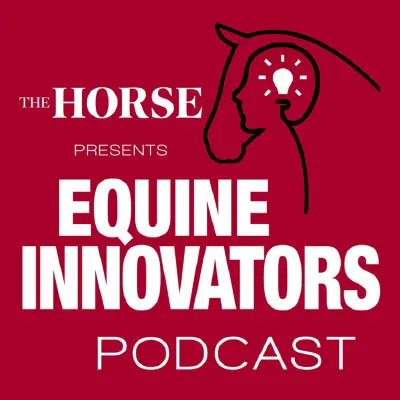June 13, 2025 · 40 min
Dr. Sally DeNotta, a clinical associate professor in large animal clinical sciences at the University of Florida, describes West Nile virus in horses, explaining how the disease spreads, what signs to watch for, and why vaccination remains the most effective prevention tool. She also highlights how climate, mosquito control, and One Health surveillance efforts influence risk—and why even experienced horse owners must stay vigilant year after year.
Short summary: Horses still face the threat of West Nile virus. Dr. Sally DeNotta shares how it spreads, what signs to watch for, and why vaccination and mosquito control matter every year.
GUESTS AND LINKS – EPISODE 20:
Host: Stephanie L. Church, editorial director at The Horse: Your Guide to Equine Health Care/TheHorse.com | @stephlchurch on InstagramLinks: West Nile Virus in U.S. Horses (interactive feature)Links: Core Vaccination: Protecting Horses From 5 Deadly DiseasesLinks: Older Horses and Stallions at Increased WNV RiskLinks: Equine Disease Communication Center (EDCC)Links: Disease Alerts on TheHorse.comLinks: Register for free newsletters from TheHorse.comGuest: Sally De Notta, DVM, PhD, Dipl. ACVIM, clinical associate professor in large animal clinical sciences at the University of Florida, in Gainesville. | Facebook | X | InstagramPlease visit our sponsor, who makes this podcast possible: Zoetis Equine | @zoetisequine on Instagram and FacebookConnect With the Host: Stephanie Church, schurch@thehorse.com
